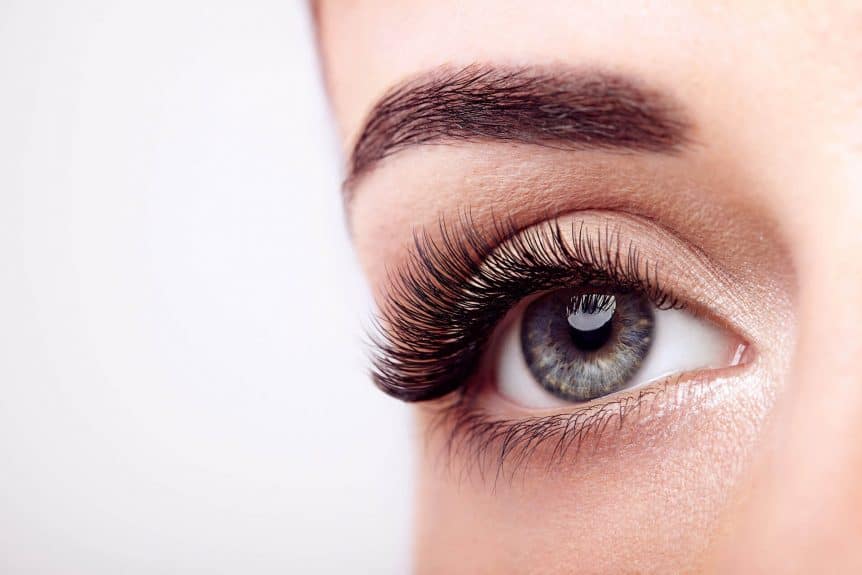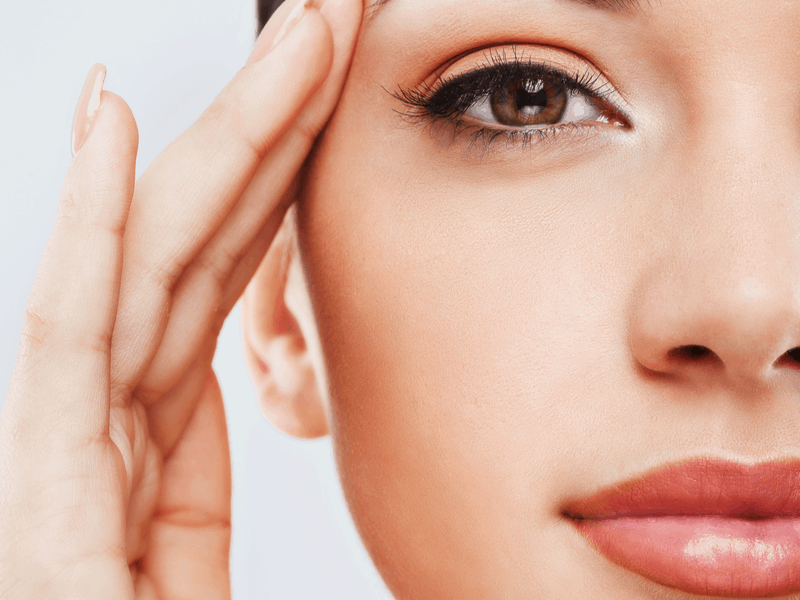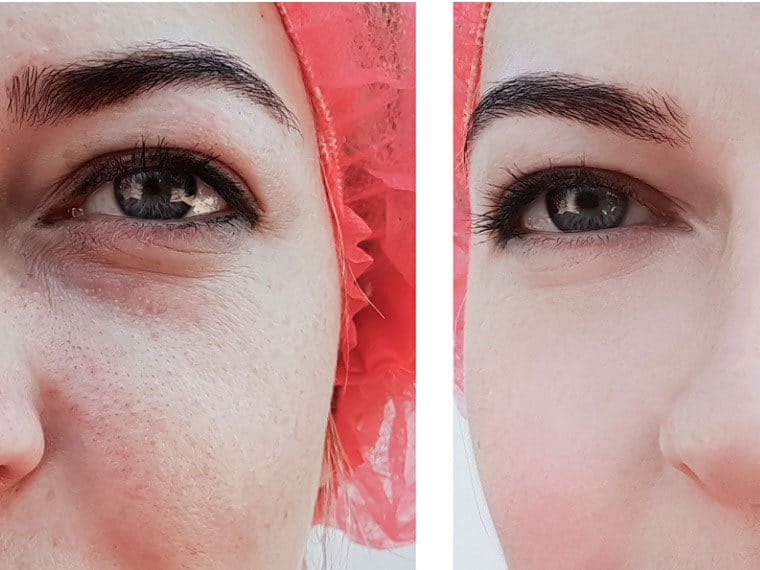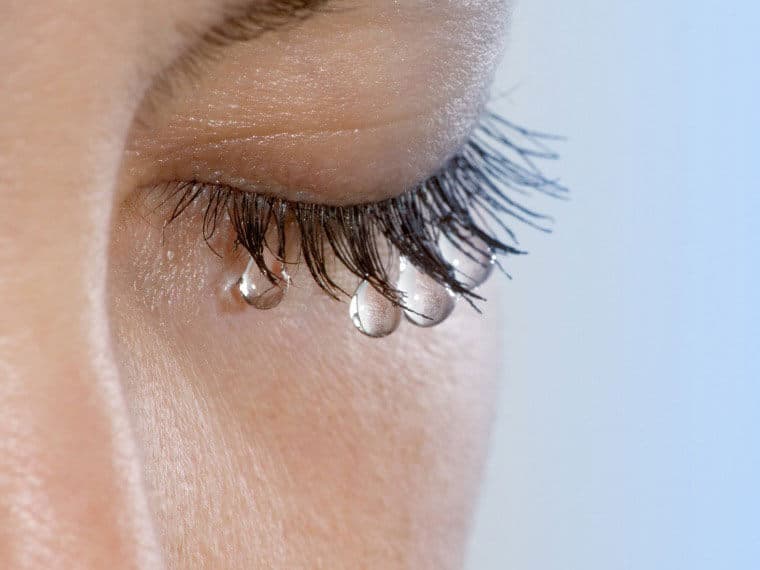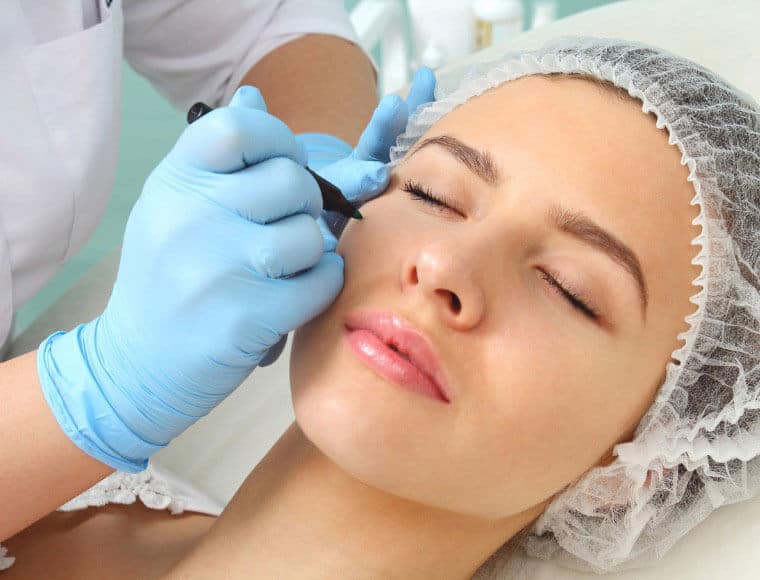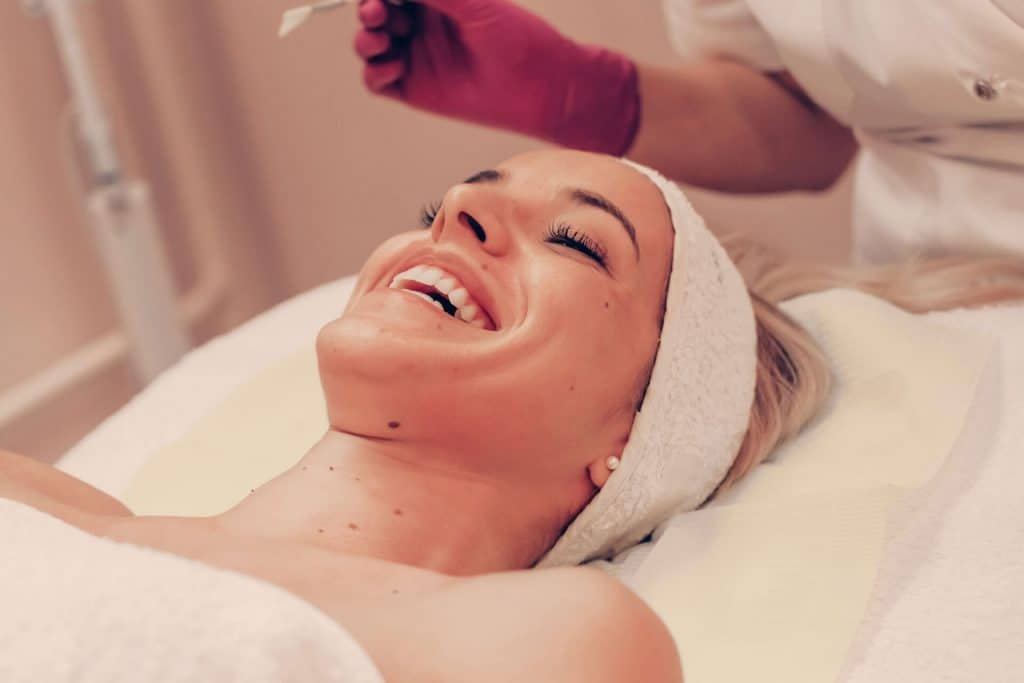Do your eyelids turn inward? If so, you may have entropion. Entropion is an eye condition that causes the eyelids to turn in a way that forces the skin and lashes to rub against the cornea. It is most common on the lower eyelids and causes the lid to turn inwards either when the eyes are closed tightly or all the time. If you have entropion, there are temporary and permanent treatment options.
Why Do I Have Entropion?
Entropion is more common in older adults due to the natural results of aging. As the body ages, the eye muscles weaken. This muscle relaxation can make the lid turn inward, resulting in entropion. Additional cases of entropion include: injury, muscle weakness, surgery, skin disease, congenital defect, skin disease, and inflammation.
What Are The Symptoms Of Entropion?
The basic symptoms of entropion include: irritation, excessive tearing, pain, dry eyes, redness, sensitivity to light, eye discharge, feeling like there is a particle in the eye, and reduced vision. If Entropion is not treated, overtime the cornea can be damaged because of corneal ulcers, infection, or abrasions. If you have experienced any of these symptoms, contact your doctor immediately to schedule an eye appointment to determine if you indeed have entropion.
How Do I Treat Entropion?
You can get temporary relief from entropion using: BOTOX Cosmetic, skin tape to hold the eyelid, lubricating eye drops, or stitches. The ideal treatment is surgical correction. An entropion surgical procedure will remove part of the eyelid to tighten the area or reposition the eyelid. After surgery, an eye patch will need to be worn for 24 hours. A post operative ointment will be given to apply daily. Some patients have reported temporary bruising and swelling as a result of surgery. After the procedure is complete, the symptoms of entropion leave immediately and healing can begin.
Arrange A Consultation
If you suffer from entropion and want to seek treatment, we can help. Schedule a consultation with Dr. Purewal or call our office at (973) 379-4889.

